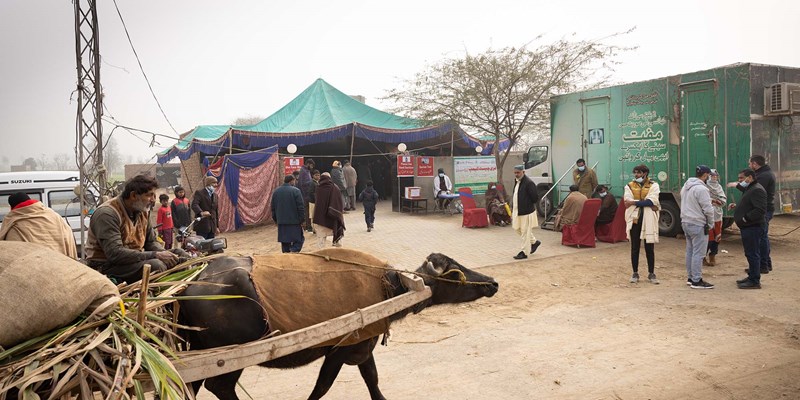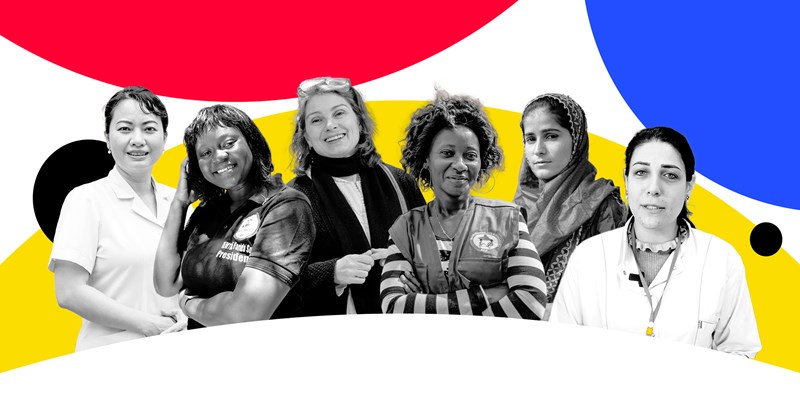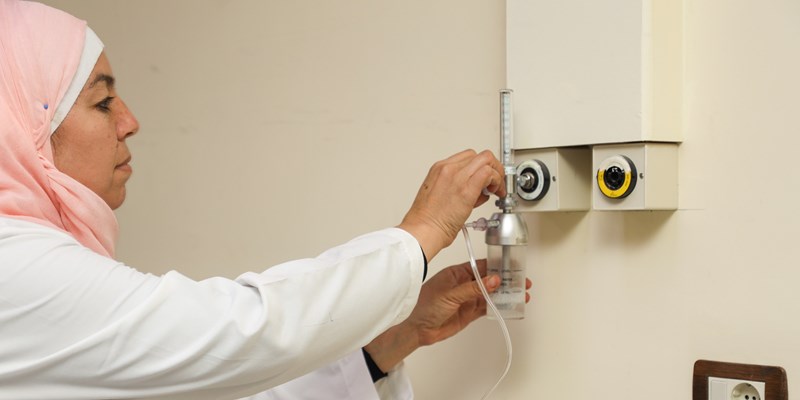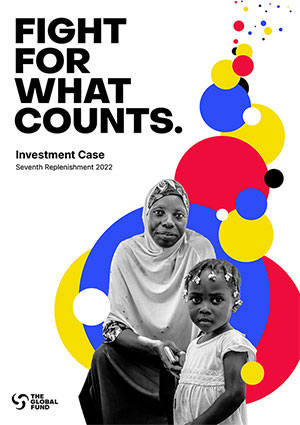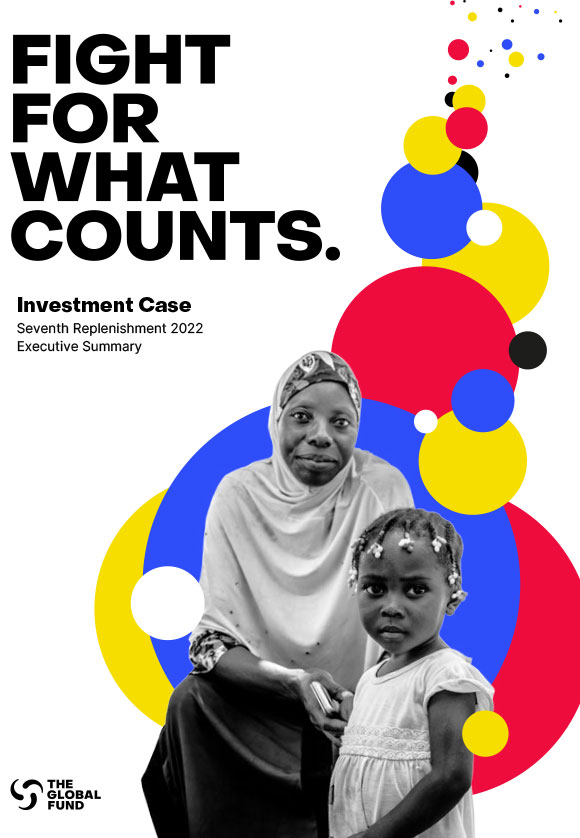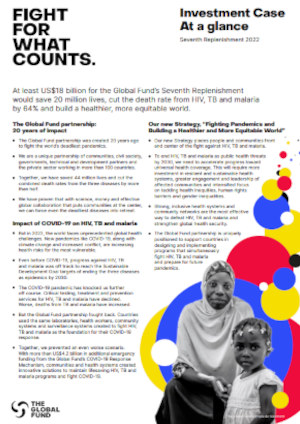Lao and Cambodia scale up programs to fight malaria and HIV/AIDS with Global Fund assistance
16 May 2003
Geneva, Switzerland – The Lao People’s Democratic Republic and the Kingdom of Cambodia have begun scaling up 3 important programmes to fight malaria and HIV/AIDS with grants from the Global Fund to Fight AIDS, Tuberculosis and Malaria.
In Lao, where malaria is the main public health problem, financial support from the Global Fund is helping to expand the existing malaria control programme to cover 100% of the population at risk. An additional 2.1 million people will have access to early diagnosis, adequate treatment and prevention through insecticide treated mosquito nets.
Financial support from the Global Fund is also helping Lao PDR to maintain low levels of HIV infection by directing targeted behavioral change interventions at female sex workers and their clients and through social marketing of condoms. The programme is implemented by the Department of Hygiene and Prevention of the Ministry of Health, with a sub-grant to Population Services International, which will utilize their global expertise in social marketing.
In Cambodia, the first disbursement of funds is being used to establish a unit in Phnom Penh to coordinate the activities of the National Centre for HIV/AIDS, Dermatology and Sexually Transmitted Diseases, the Ministry of Defense, the Ministry of Social Affairs and a number of NGOs. Global Fund money will scale up a programme to reduce the burden of HIV/AIDS and lower the impact of AIDS in specific population groups such as military, police, youth, garment factory workers, direct and indirect sex workers and their clients, people living with HIV/AIDS.
The US$11,2 million Global Fund grant to Cambodia will significantly expand care and treatment programmes for people living with HIV/AIDS, including antiretroviral therapy. In addition, the Global Fund’s assistance will extend peer education programmes to the military, police, garment factory worker and youth in order to prevent HIV infection. The programme will extend a successful Sexually Transmitted Infections case management programme to five provinces not yet a part of the national programme. Funding will also be provided to extend impact mitigation programmes in areas of heavy HIV prevalence and will support the social marketing of condoms.
